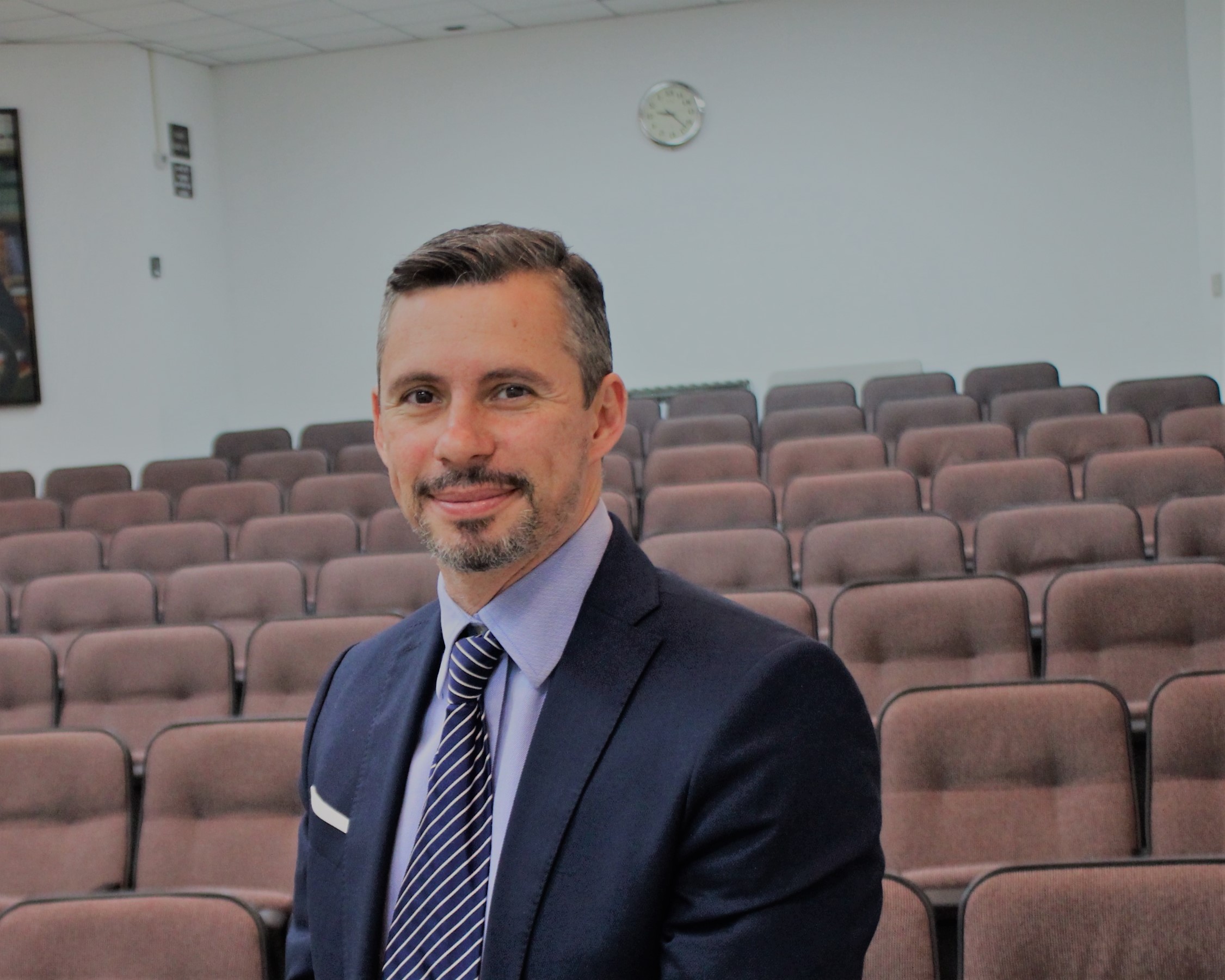What is not measured cannot be changed. In Venezuela, entrepreneurial activity has not been measured for 10 years. That is about to change as Global Entrepreneurship Monitor welcomes back Venezuela to the consortium.
Venezuela last took part in GEM research back in 2011. Aramis Rodriguez, IESA Professor and Head of the new GEM Venezuela Team (pictured above), shares his thoughts on the current entrepreneurial landscape in Venezuela and the aspirations of the new GEM team in the below Q and A interview.
Can you describe what you perceive to be the strengths and weaknesses of Venezuela's entrepreneurial ecosystem?
Weaknesses: Institutions, especially governmental ones and those in charge of formally building reward structures for entrepreneurs, are not capable of promoting and determining productive business activity. There are no government policies to promote dynamic entrepreneurship. Additionally, in Venezuela, the actors of the entrepreneurial ecosystem - entrepreneurs, venture capitalists, angel investors, generators of competitions and contact networks, mentors and consultants, business incubators, business accelerators, trainers, and service providers and coworking spaces - lack government and support programs. These actors therefore operate in isolation to survive.
Strengths: There is a positive attitude towards entrepreneurship and the national entrepreneurial culture. Most experts agree that Venezuelan entrepreneurs tend to be proactive, curious, take risks and can manage few resources very efficiently. Venezuelans tend to be very resilient since they had to learn how to adapt quickly to a hostile environment. This potential could eventually lead to the emergence of dynamic ventures that in current times represent more the exception than the rule.
Can you share more about your team’s goals in rejoining GEM?
In Venezuela, we need to obtain robust information to understand the entrepreneurial phenomenon at the national level. The initial motivation of the Venezuelan team is academic and promotional. We are motivated to persuade the actors with power to initiate some change. With scientific information, we have the possibility of transmitting the diagnosis of entrepreneurship in Venezuela and trying to make the government authorities understand the need and importance of creating support programs.
How do you envision stakeholders benefiting from the research insights?
With a new generation of researchers on the GEM Venezuela team, we want to capitalise more efficiently on the results obtained. In Venezuela there is currently a movement of private capital, coming from entrepreneurs with experience and credibility, who want to start a reconstruction process in the country. GEM Venezuela can contribute to this objective and can mobilise a group of actors to revitalise the decayed entrepreneurial ecosystem. Journalists and the media in Venezuela are eager for scientific information related to entrepreneurship, which would reinforce the entrepreneurial culture and generate national awareness about the gaps in our ecosystem to be healthy and competitive.
Can you tell us about the GEM Venezuela Team?
The Venezuelan team brings together the two most important academic institutions in the country to carry out research cycles. The Andrés Bello Catholic University (UCAB) and the Institute for Advanced Administration Studies (IESA) have coordinated efforts not only to carry out the study, but also to take advantage of the results, either as research products or as a mechanism to attract additional partners.
Do you have anything else to add?
Despite the weaknesses of our national ecosystem, we think there are some glimmers of hope. Entrepreneurship, as an activity, is well regarded in the country, and entrepreneurs enjoy legitimacy and social status. This seems to be in line with the finding that, for more than 15 years, an increasing number of actors in the ecosystem have been specialising in disseminating entrepreneurial activity and training people who wanted to create businesses. In fact, many of the people who start new ventures in Venezuela have a formal education and possess systematic and specialised training in technology, management and business.
However, such well-trained human capital often decides to migrate, seeking opportunities to scale and to take their business ideas to a higher level. For instance, the founding team of Kavak, the first Mexican unicorn startup (valued at US $1.15 billion) graduated from the Venezuelan educational system, but migrated to grow and develop as entrepreneurs. We have the people (well-trained entrepreneurs). Therefore our role as academics and researchers is to alert the actors who create policies so that these people do not seek incentives to scale their startups in other countries.

